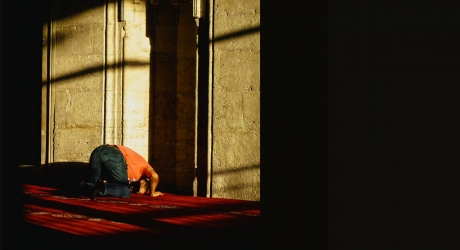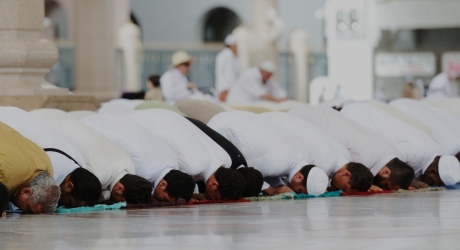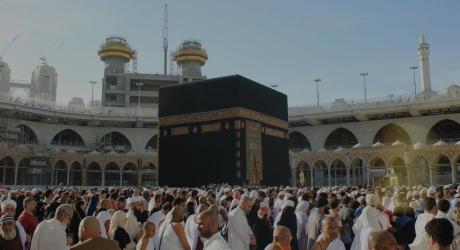The Speaking Tree | June 14, 2015
Charity, promoted by every religion of the world, is a way of bringing justice to society. And justice is the essence of religion. Islam has, therefore, made zakat, charity, obligatory and binding upon all those who embrace the faith, especially in the month of Ramzan.
A society can flourish only when its members do not spend all their wealth on the satisfaction of their own desires but reserve a portion of it for parents, relatives, neighbours, the poor and the incapacitated. As the saying goes: Charity begins at home. Thus, a true believer is always prepared, after meeting the needs of his family, to assist other people in need of his help.
There are two forms of charity in Islam- obligatory and voluntary, called zakat and sadaqa respectively. Zakat, from the verb 'zakat', which signifies 'to thrive', 'to be wholesome', 'to be pure', means purification. Giving up of a portion of the wealth one may possess in excess of what is needed for sustenance, is to 'purify' or legalise it so that the remainder may lawfully be used by the alms-giver.
Islam has established this institution to make concern for the poor a permanent and compulsory duty. This means an annual contribution of two-and-a-half per cent of one's income to public welfare. The rate on other types of wealth such as agricultural produce and jewellery is more. It is incumbent on minors and adults, male and female, living or dead. Zakat in spirit is an act of worship, while in its external form it is the carrying out of social service. Its importance is underscored by the fact that the Quran treats it at par with salat, prayer. The Quran frequently enjoins the believers 'to perform the worship and pay the zakat'. It goes to the extent of saying that one cannot attain righteousness unless one spends out of one's wealth for the love of God.
So the test of charity lies not in giving away something we have discarded but the things that we value greatly, something that we love. It is unselfishness that God demands. It may be in any form- one's personal efforts, talents, skill, learning, property or possessions.
Islam's call that all its followers should spend their wealth freely on the common good of society cannot be fully met by the payment of the obligatory levy of zakat alone. According to a Hadith, the Prophet observed: "In one's wealth there is due (to God and His men) besides zakat." The Quran also talks about sadaqat- a term used to cover all kinds of charity. Its scope is so vast that even the poor who have nothing tangible to give can offer sadaqa in the shape of a smile, a glass of water to a thirsty person, or they may even just utter a kind word.
As per tradition, there is a great importance of giving sadaqa in the holy month of Ramzan. Therefore, in this month of fasting, almost all those who can afford it help the poor in one way or another. The reward for giving voluntary alms in secret is said to be 70 times that of giving publicly.









